Justice Kennedy covers the history and purpose of DOMA legislation passed by Congress and signed into law by President Clinton in 1996 in United States v. Windsor 570 U.S ___ (2013).
Congress sought to prevent what it perceived as pending recognition of same-sex marriages being considered by a few states, particularly Hawaii, from having any federal recognition. The Windsor case involved $363,053 estate taxes paid by Edith Windsor, which would not have been assessed but for her same-sex marriage recognized by the State of New York, but not recognized by the federal government (IRS) because of DOMA. The Windsor case only decided Section 3 of DOMA.
“In determining the meaning of any Act of Congress, or of any ruling, regulation, or interpretation of the various administrative bureaus and agencies of the United States, the word ‘marriage’ means only a legal union between one man and one woman as husband and wife, and the word ‘spouse’ refers only to a person of the opposite sex who is a husband or a wife.” 1 U.S.C. § 7
Section 2 POWERS RESERVED TO THE STATES was not at issue and not decided.
“No State, territory, or possession of the United States, or Indian tribe, shall be required to give effect to any public act, record, or judicial proceeding of any other State, territory, possession, or tribe respecting a relationship between persons of the same sex that is treated as a marriage under the laws of such other State, territory, possession, or tribe, or a right or claim arising from such relationship.” 28 U.S.C. § 1738C
The Court stated that. “…‘regulation of domestic relations’ is ‘an area that has long been regarded as a virtually exclusive province of the States.’” United States v. Windsor supra (slip op. at 16) (quoting Sosna v. Iowa, 419 U.S. 393, 404 (1975). “Here the State’s decision to give this class of persons the right to marry conferred upon them dignity and status of immense import. When the State used its historic and essential authority to define the marital relation in this way, its role and its power in making the decision enhanced the recognition, dignity, and protection of the class in their own community.” United States v. Windsor supra (slip op. at 22). The Court held that DOMA is unconstitutional because it deprives the liberty of persons protected by the Fifth Amendment Due Process Clause of the Constitution.
Prior to United States v. Windsor legally married same-sex couples in California could not benefit nor were they subject to the 1,000 federal laws and the realm of federal regulations governing marriages and spouses. Now same-sex couples need to become more aware of the provisions. Some statutes and regulations affect tax liabilities and estate planning. Others cover Social Security, federal housing, federal health benefits and federal services.
